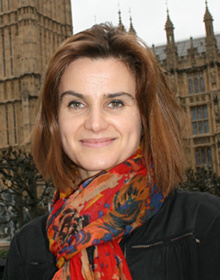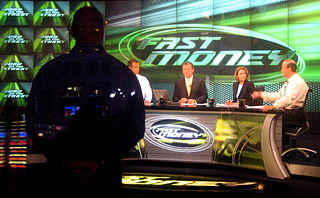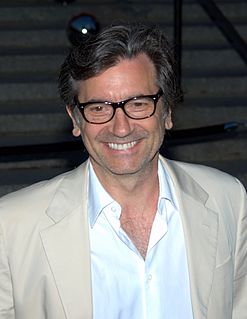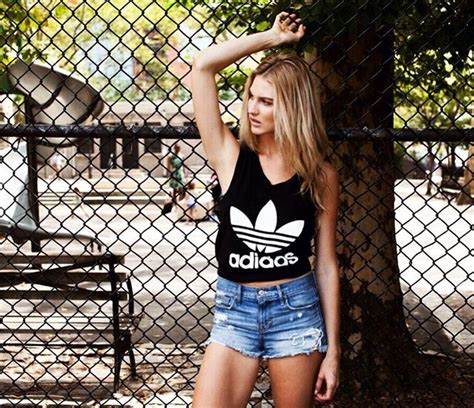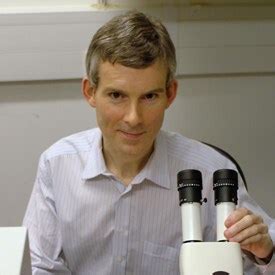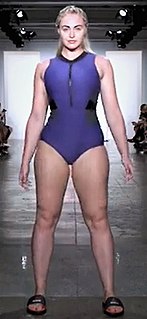A Quote by Frank B. Gilbreth Jr.
Dad took moving pictures of us children washing dishes, so that he could figure out how we could reduce our motions and thus hurry through the task. Irregular jobs, such as painting the back porch or removing a stump from the front lawn, were awarded on a low-bid basis. Each child who wanted extra pocket money submitted a sealed bid saying what he would do the job for. The lowest bidder got the contract.
Quote Topics
Related Quotes
I started singing in coffeehouses when I was still in high school, in Santa Barbara. I took a job washing dishes and busing tables in the coffeehouse, so I could be there, and would beg permission to sing harmony with the guy who was singing onstage. That was the first time I ever got on a stage in front of people.
My summer jobs for three years were going to work in my dad's factory and earn a bit of pocket money. I absolutely loved it, and I think I learnt more there than I did at Cambridge, actually, in terms of how hard work is and how tough it is finding a job, keeping a job, managing a job and family and commitments outside of work.
How do we create jobs for so many Americans who are feeling pushed out, not just left out, pushed out of the modern economy. Obviously it's skills and education. But it's also jobs. So if I could do anything it would be to take this moment in time that we've got when, yes, our recovery is better, we've had steadier growth, I don't think President [Barack] Obama frankly gets the credit he deserves for the kind of steady hand that he and his advisers apply to moving through that really dangerous period.
On the BSkyB bid, Rupert Murdoch is now in town in London seeking to sort things out. I would simply say to him, look how people feel about this. Look how the country has reacted with revulsion to the revelations. So do the decent and sensible thing and reconsider, think again, about your bid for BSkyB.
Since the Kingstonfirst BID started in January 2005, retailers have enjoyed three years of impressive sales growth, which has taken many of us to the top of our peer group. The BID period has also seen Kingston rise to 12th place according to Experian, and 13th place according to the Javelin Venuescore, in their respective retail super leagues of UK town and city centres. I am confident the platform that our BID provides will allow us to continue to maintain Kingston as the place that people love to shop and visit.
He began to trace a pattern on the table with the nail of his thumb. "She kept saying she wanted to keep things exactly the way they were, and that she wished she could stop everything from changing. She got really nervous, like, talking about the future. She once told me that she could see herself now, and she could also see the kind of life she wanted to have - kids, husband, suburbs, you know - but she couldn't figure out how to get from point A to point B.
I remember I took an editorial, and I was so excited. I got the pictures back, and I looked in the magazine, and I was like, 'Oh my gosh!' My arms were half their size, and I had a thigh gap magically, and all these crazy things. My family went out and tried to find my pictures in the magazines, but no one could recognize me.
My mother was determined that I was going to leave the farm and do well in life. And she thought with the gift, I might be able to do that. So she took in washing. She got a washing machine in 1942 as soon as we got electricity and she took in washing. She washed the schoolteacher's clothes and anybody she could and sent me for singing lessons for $3 per lesson.





